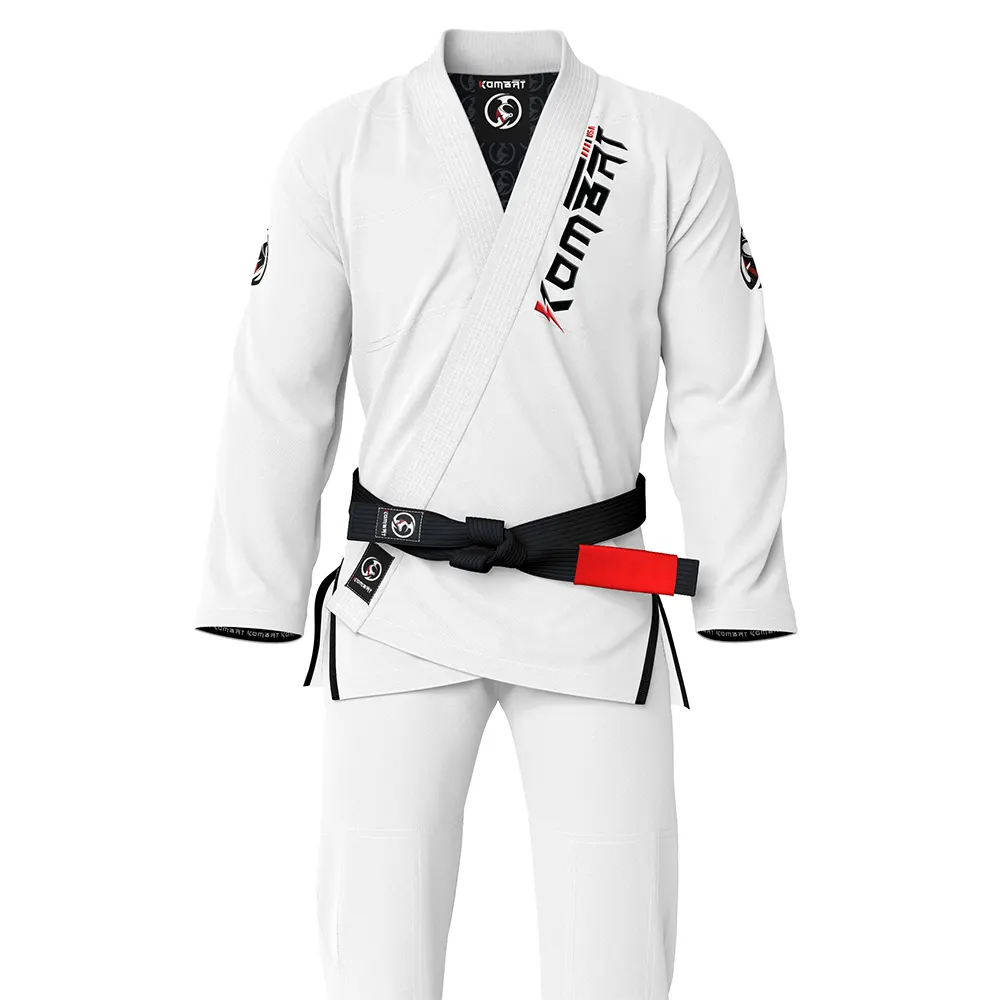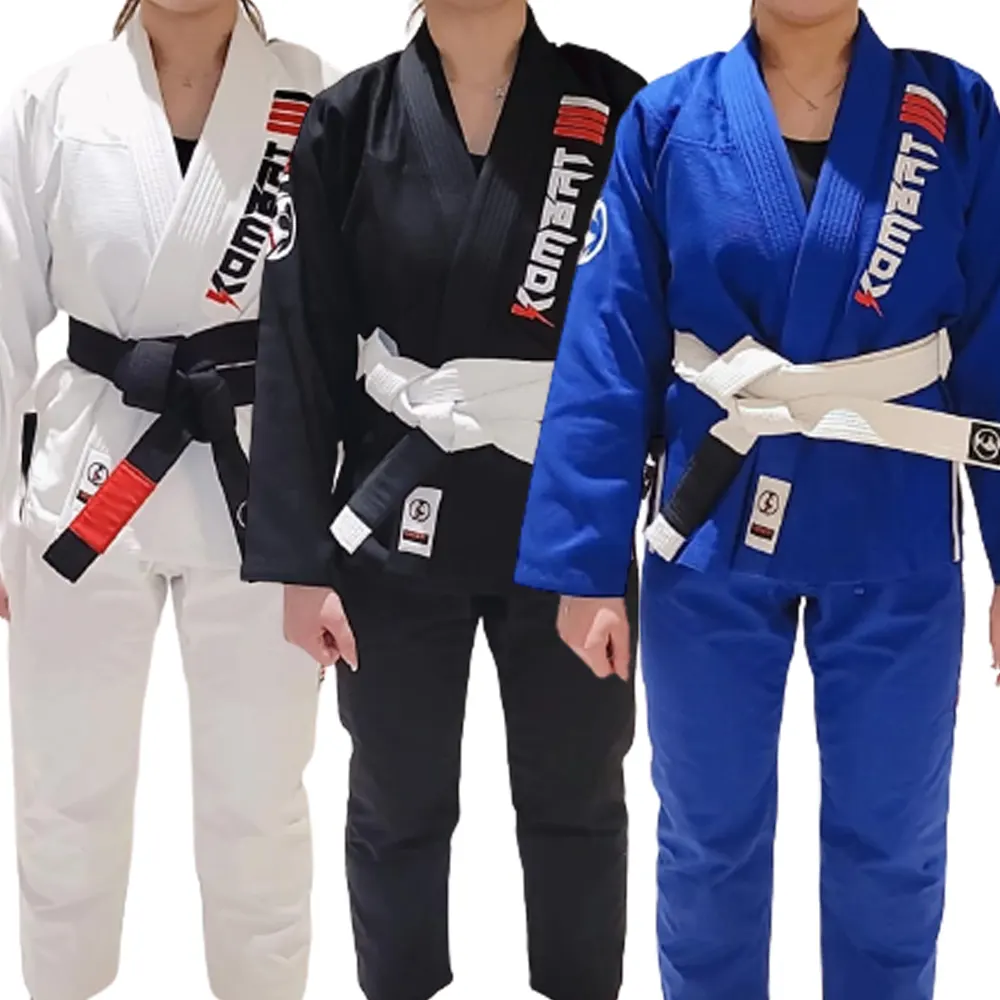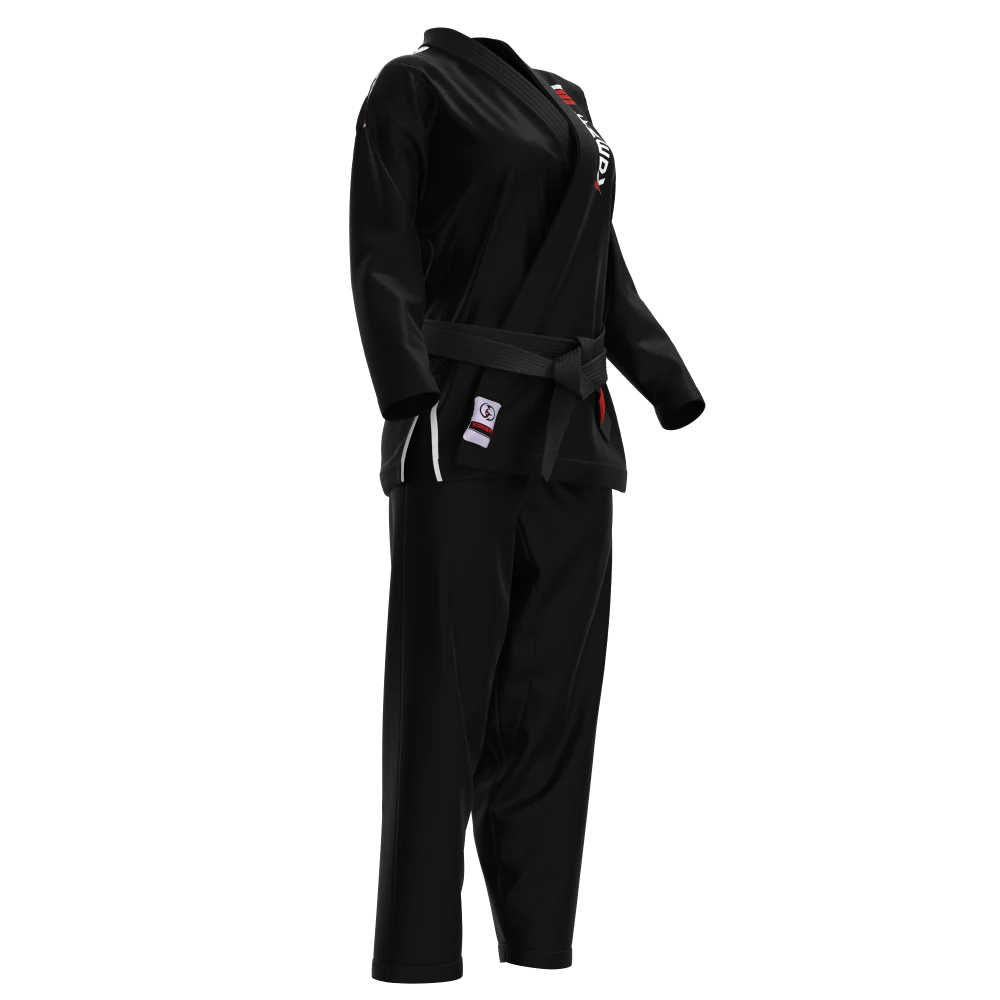IBJJF Revises Regulations With Emphasis On Transgender Competitors & The Meregali Event

The International Brazilian Jiu Jitsu Federation (IBJJF) has revised the regulations that govern major Jiu Jitsu tournaments globally. These updated rules and regulations are alterations to current laws and the establishment of new ones.
A significant change, indicative of a resolution by the ADCC for its 2024 edition, is the one focused on competitors who are transgender. Specifically, all the athletes will now be mandated to participate in the gender category that matches their gender at birth, irrespective of any gender transition.
The federation retains the authority to ask for original identification documents if needed.
The Nicholas Meregali Event
Another rule change that gathers specific interest originates from an event involving Nicholas Meregali. In the semifinals of the 2021 World Championship, Meregali was expelled from the competition for making an inappropriate sign (middle finger) towards the spectators after his win over Victor Hugo.
The IBJJF reversed their decision, promoting his competitor from Six Blades Jiu Jitsu to the final, where Max Gimenis was declared the winner. However, according to the revised IBJJF regulations, if a competitor wins a bout but is later disqualified for misbehaving (as was the case with Meregali), the victory is maintained. However, the subsequent opponent automatically progresses.
For example, under the revised regulation, Meregali’s victory over Hugo would have been sustained. But he would not have competed against Gimenis in the final.
IBJJF Rules Additional Revision
The IBJJF has also implemented several other modifications to the rules:
- Athletes with brown and black belts in both adult and master divisions are now allowed to rotate in any direction during bouts, a change from the previous restriction.
- This permits more versatile Leg Lock techniques while still complying with the current cross-leg regulation.
- Penalties will now be imposed on the 50/50 guard position with lapel grip if the competitor does not perform a sweep, irrespective of their attacking status.
- This modification is intended to promote more proactive participation and minimize delays in matches.
- Competitors face the possibility of being disqualified if their hair color or cosmetics stain their opponent’s gi.
This new rule underscores the significance of upholding a neat and professional look during contests.










